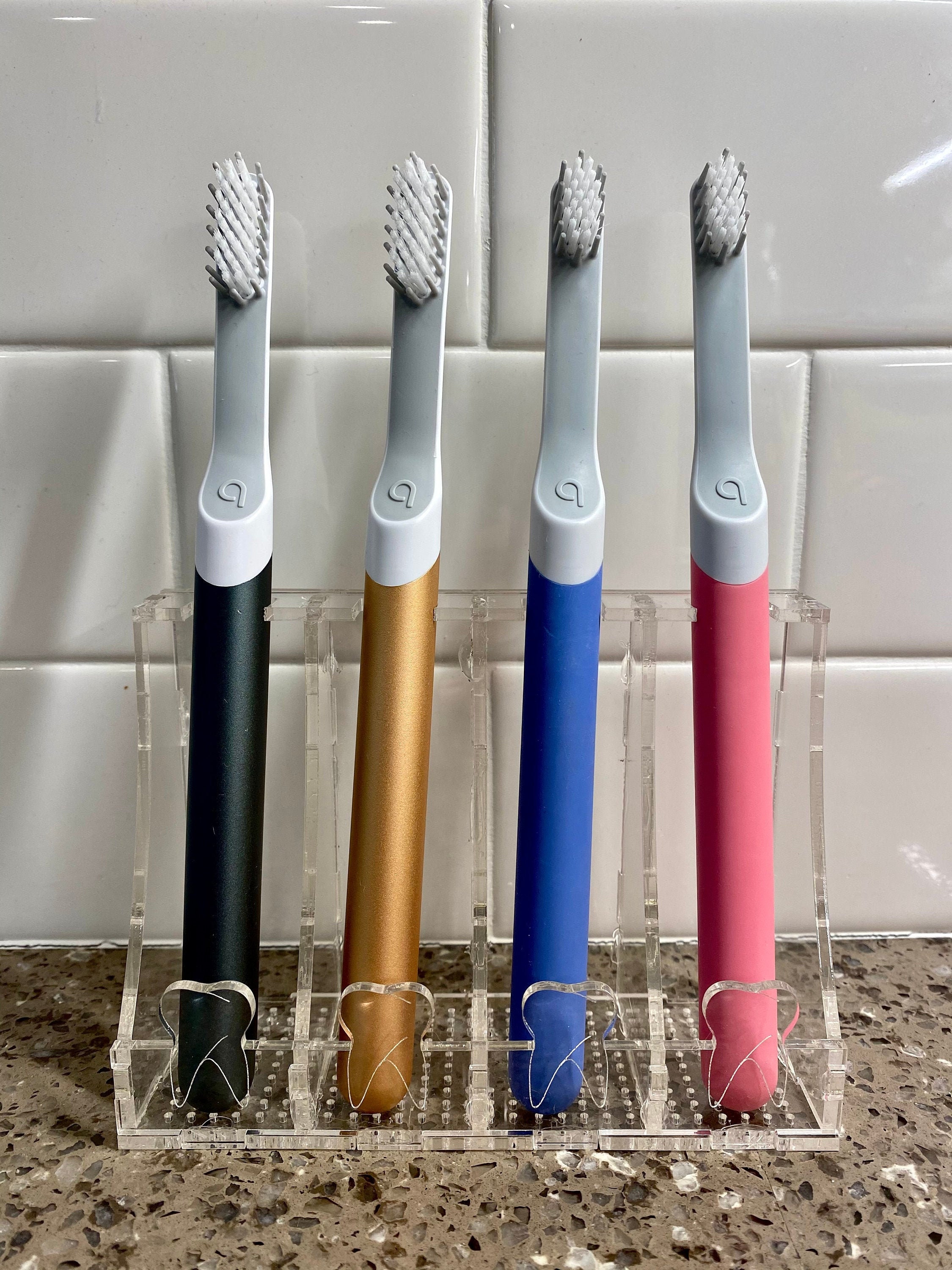
“For the first six months, we were piecing together $10,000 here, $20,000 there,” says Enever. “Pitching Quip at the beginning was a bit of a challenge,” says Enever.īoth were transplants to New York - Enever had moved from the United Kingdom and May from Virginia - and they lacked contacts in business and investing circles. Enever declined to disclose annual revenue or whether the business is profitable.Īs novice entrepreneurs, Enever and May struggled to get funding at first. To date, the Brooklyn-based startup has sold more than one million toothbrushes and has more than one million subscribers. The first shipment went out in November, 2015.
#QUIP TOOTHBRUSH LOGIN UPGRADE#
We wanted to make a toothbrush that was accessible, desirable, and wanted by the 80% of people that have not bothered to upgrade their toothbrush.” For a $5 fee, subscribers are sent a new brush head every three months.

The starter kit costs $25 for a plastic model and $40 for a metal version.

Quip is meant to be portable and has a holder that can be attached to the wall with a suction cup.

Each brushing is automatically programmed to last two-minutes and consists of 30-second intervals so that users can cover each zone in the mouth. The battery-operated Quip uses sonic vibrations (where the motor vibrates the bristles back and forth) instead of rotations, providing a higher level of cleaning. What the two came up with is an electric toothbrush with a clean, no-frills design. Simon Enever came up with the idea for Quip while sitting in a dentist's chair.


 0 kommentar(er)
0 kommentar(er)
